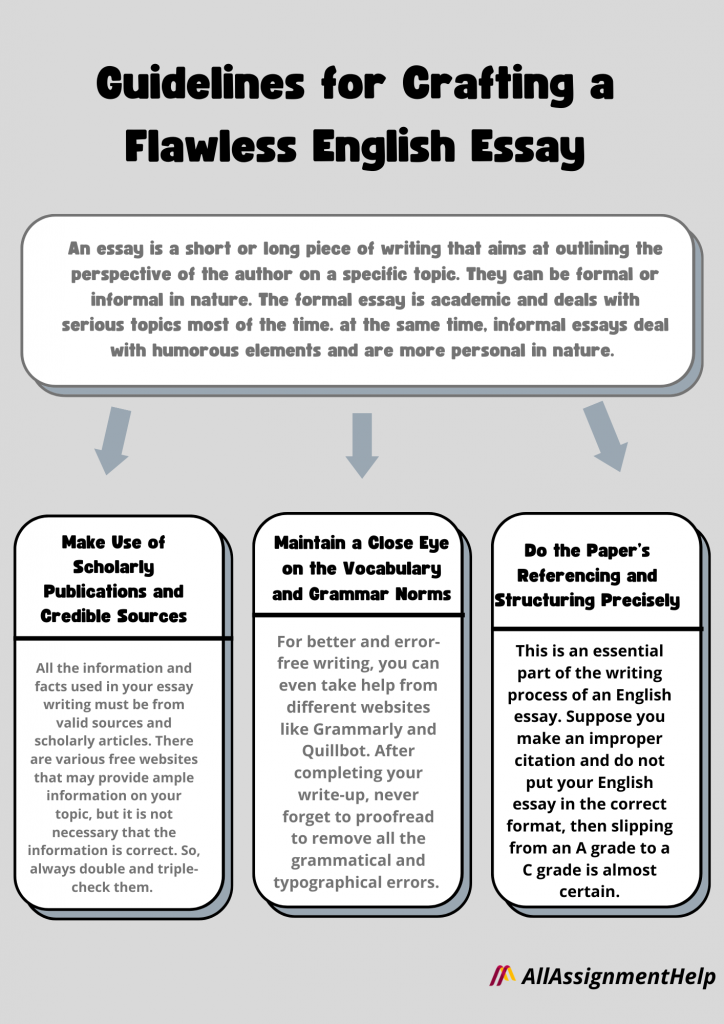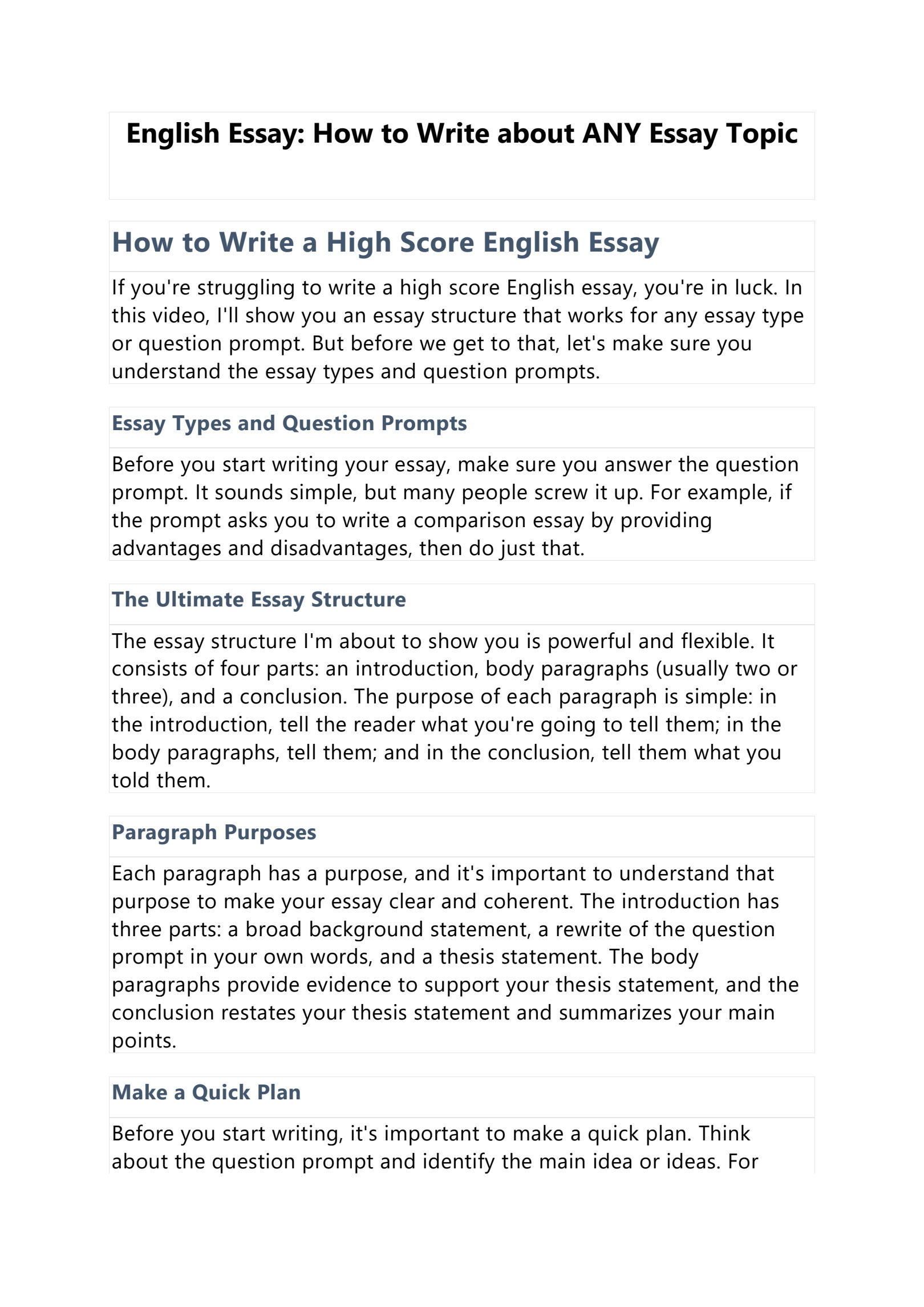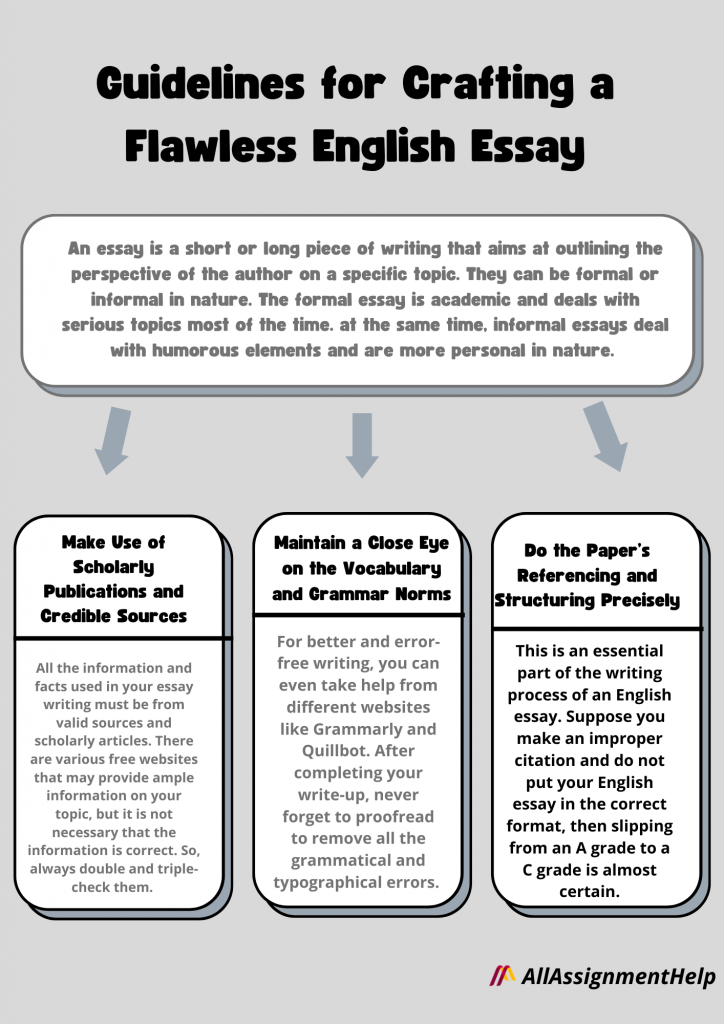Mastering the Art of Essay Writing: A Guide to Any Topic
Effective Essay Writing Tips for Every Student
Hey there!
Are you staring at a blank page, feeling overwhelmed by the thought of writing an essay?
You’re not alone.
Writing can feel like a mountain to climb, but with the right tips, it can actually be pretty straightforward.
In this guide, I’ll share my go-to essay writing tips, why structure matters, and how to pick topics that grab attention.
Whether you’re in high school or tackling college essays, I’ve got you covered. Let’s dive in!
Understanding Essay Structure
Why Structure Matters
When I first started writing essays, I often found myself lost in my thoughts.
Here’s the thing: a solid structure is your best friend.
It’s like a map that guides your readers through your ideas.
Here’s what you typically need:
- Introduction: This is where you hook your reader.
- Body paragraphs: These dig into your main points.
- Conclusion: Wrap it all up and leave your reader with something to think about.
Components of an Essay
Let’s break it down:
- Introduction:
- Start with a hook.
- Share background info.
- Finish with your thesis statement.
- Body Paragraphs:
- Each one should focus on a single point.
- Start with a topic sentence.
- Use evidence and examples to back up your claims.
- Keep it flowing with transitions.
- Conclusion:
- Restate your thesis.
- Summarise the key points.
- Reflect on the implications or suggest future research.
Example of a Well-Structured Essay
Imagine I’m writing about climate change.
I’d kick off with a shocking fact about rising temperatures.
Then, I’d set the stage with context on its effects.
My thesis would stress the urgent need for action.
Each body paragraph would tackle different aspects, like renewable energy and community efforts.
Finally, I’d wrap it all up in the conclusion, highlighting the importance of collective action.

Effective Essay Writing Tips
Start Early and Plan
Listen, one of the best pieces of advice I can give you is to start early.
Procrastination is a killer.
When I start early, I get time to:
- Brainstorm ideas
- Do proper research
- Revise my drafts
Pro Tip: Create an outline.
Think of it as a blueprint for your essay—it keeps you on track.
Research and Gather Evidence
Research is key.
I always grab credible sources that back my thesis.
This could be:
- Academic journals
- Books
- Reputable websites
And don’t forget to cite your sources, whether it’s APA, MLA, or Chicago.
Proper citations not only give your essay credibility but also keep you clear of plagiarism.
Revise and Edit
Once you’ve got a first draft, take a breather before revising.
This helps you come back with fresh eyes.
During revision, I focus on:
- Clarity
- Coherence
- Structure
Editing is just as crucial.
Look out for:
- Grammatical errors
- Awkward phrasing
- Typos
Tip: Reading your essay aloud can help catch things you might miss when reading silently.
Choosing the Right Essay Topics
Brainstorming Ideas
Picking a topic can be tricky.
I usually start by jotting down ideas based on my interests or current events.
Creating a list helps narrow down my choices to something I actually want to write about.
Considering Your Audience
Think about who’s reading your essay.
What will they find interesting?
Tailoring your topic makes your essay more engaging.
For example, if I’m writing for a scientific crowd, I might choose a technical topic related to climate change.
Exploring Different Types of Essays
There are loads of essay types, and each needs a different approach.
Here are a few examples:
- Argumentative: Should the government invest more in renewable energy?
- Descriptive: Describe your favourite place in nature.
- Narrative: Share a personal experience that changed your perspective on life.
Essay Writing Resources and Tools
Online Writing Tools
In this digital age, we’re lucky to have tons of resources.
I often use tools like:
- Grammarly for grammar checks
- Hemingway Editor for readability
These tools can seriously boost the quality of your writing.
Writing Guides and Tutorials
Check out free writing guides and tutorials online.
Websites like Purdue OWL and various YouTube channels offer fantastic tips on essay writing.

Seeking Feedback
Don’t shy away from asking for feedback.
Sharing your essay with peers or instructors can provide fresh perspectives and constructive criticism.
Conclusion and Future Perspectives
To wrap it up, mastering essay writing takes practice and patience.
By using these essay writing tips and focusing on structure, you’ll elevate your writing skills.
As I look ahead, I believe essay writing will keep evolving with technology.
Embracing new tools and resources will be essential for students and writers alike.
So remember, every great essay starts with a single word.
Get started today!
FAQs
Q: What’s the best way to start an essay?
A: Begin with a strong hook that grabs attention, followed by some context and your thesis statement.
Q: How do I choose a good essay topic?
A: Brainstorm ideas based on your interests, consider your audience, and think about current events.
Q: How important is revision?
A: Super important! Revision helps clarify your ideas and improve the flow of your essay.
Q: What tools can help with essay writing?
A: Tools like Grammarly for grammar checks and Hemingway Editor for readability are great options.
Now, grab your pen or keyboard and start writing!
You’ve got this!

